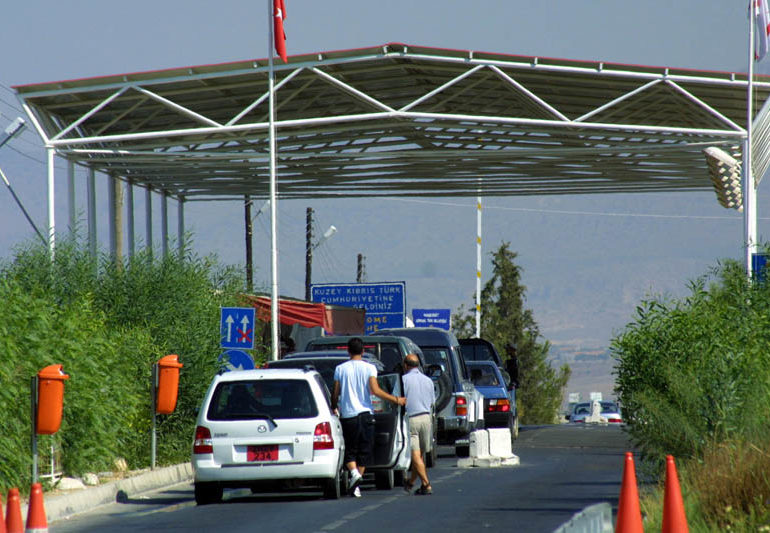Cyprus reunification would see the income of Greek Cypriots and Turkish Cypriot increase by 7% within a decade post-solution, a World Bank and U.N.-funded report said.
Study authors Enrique Aldaz-Carroll and Reena Badiani-Magnusson said economic growth could mark an extra annual increase of 0.4 percentage points in the Republic and 1.8 percentage points in the breakaway north.
UN-backed talks to reunify Cyprus as a federation are now at a stalemate and hopes for a quick return to negotiations are slim. The last effort to resolve the issue at the highest level was in 2017.
The Cyprus economy is projected to grow this year by 2.9% and 1.8% in the Turkish-held north.
The economic benefits of an accord would be greater for Turkish Cypriots whose income could reach 75% of that of Greek Cypriots in 10 years — 8% more than if division remains.
The two officials said energy, water and transport infrastructure upgrades – water, energy, transport – could generate €1.1 bln of investment opportunities within 2-3 years of reunification.
Greek Cypriot economic output could increase by 3.4% by 2035 through exports to Turkey like financial services, shipping and tourism.
Within the same span, Turkish Cypriot exports of goods and services to the EU could jump by 12.2% of their current gross domestic product.
Free movement of labour and capital would boost employment in the medium-term and particularly in the Turkish Cypriot community.
The results of the World Bank and the UN Good Offices Mission Cyprus were made public during the launch of the outcome of a gender-sensitive socio-economic impact assessment.
“The assessment concludes that a comprehensive settlement accompanied by appropriate gender-responsive policies and institutions will be an opportunity for greater economic growth to the island that can benefit women and men in both communities,” said Elizabeth Spehar, UN chief of mission.
She added, “the assessment underscored that for both women and men in Cyprus delaying a settlement comes at an economic and non-economic cost that inevitably accumulates over time.”
UN Secretary-General Antonio Guterres has urged both sides to engage actively and with a sense of emergency in order to reach a comprehensive settlement.
According to Magnusson, one in seven Greek and Turkish Cypriot women that are not working are ready to work in opportunities that may arise.
“If you bring these women alone in the workforce that would raise T/C female employment rate by 25% and G/C by 17% that’s massive,” she said.
“The question is will these women be ready to engage in these opportunities?”
Magnusson said supportive policies are needed to enable these women that want to work.
Cost of a non-settlement
Aldaz highlighted the cost of a non-settlement, noting that this aspect was covered by the World Bank and the UN following the failure of Cyprus talks at the Swiss resort of Crans-Montana in July 2017.
“We are at a critical juncture. Population ageing implies that the window of opportunity is closing for the pre-1974 generation to see a settlement,” Aldaz said.
“An estimated 1,108 dispossessed property owners die every year without restoration or compensation because of the delayed agreement and most dispossessed property owners are by now of advanced age,” he added.
“What we’ve seen that the cost of stalemate increases with each round of negotiations because of forgone benefits.”










